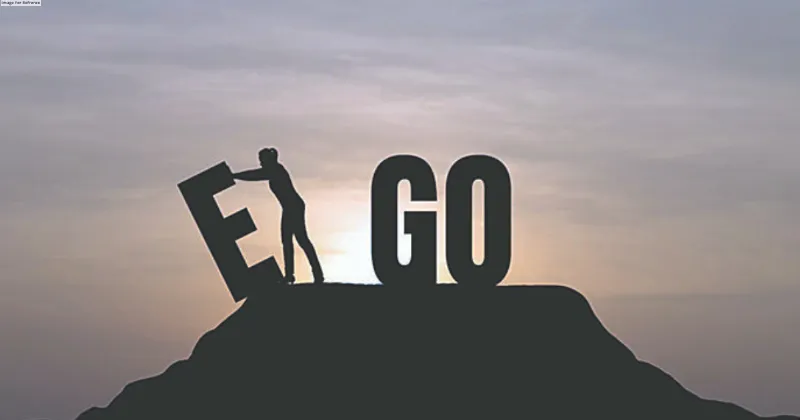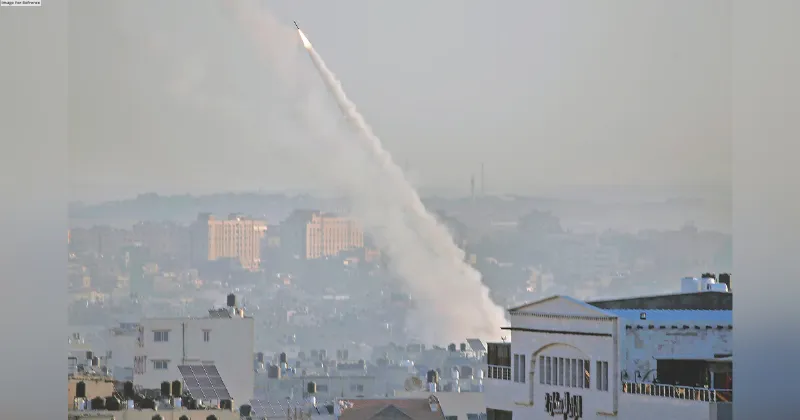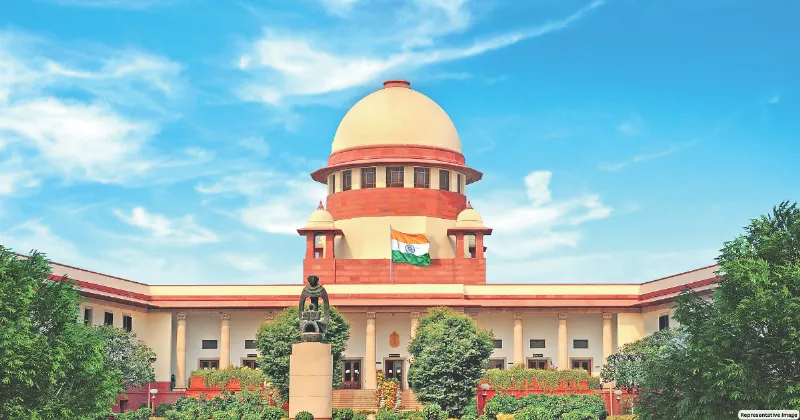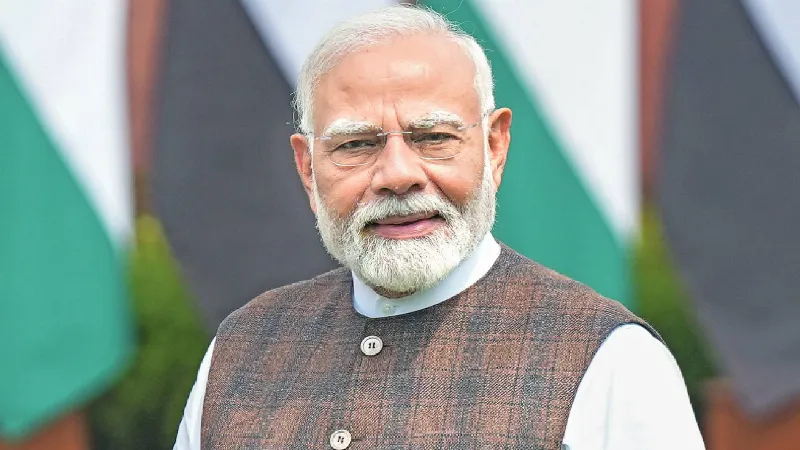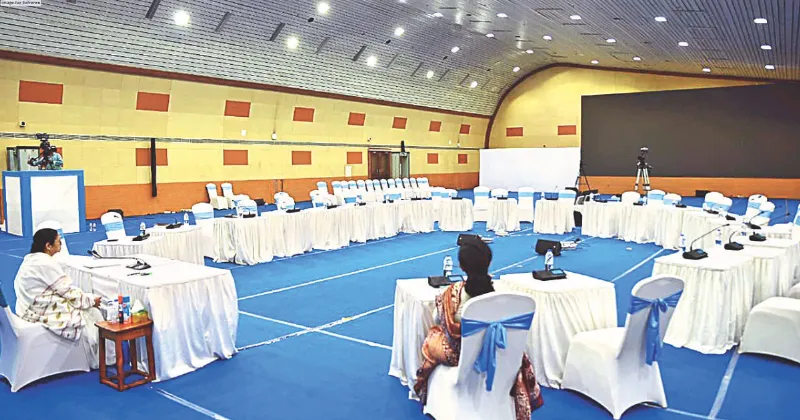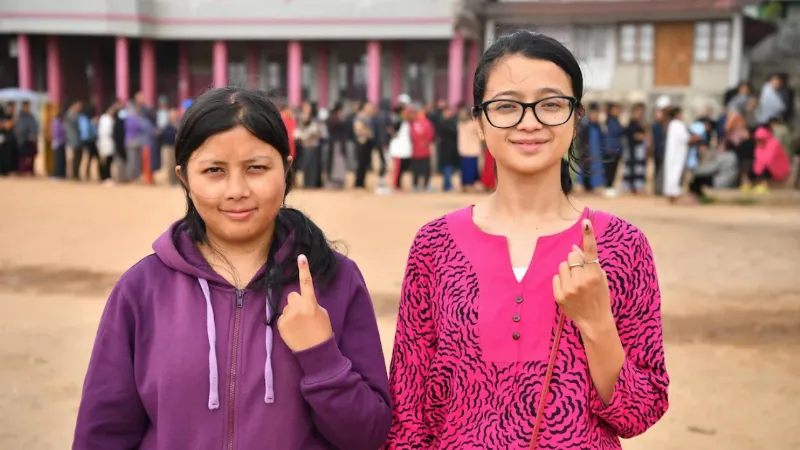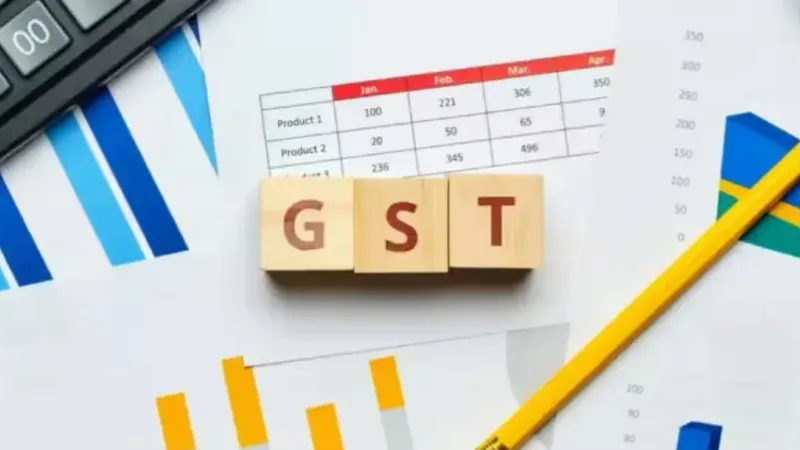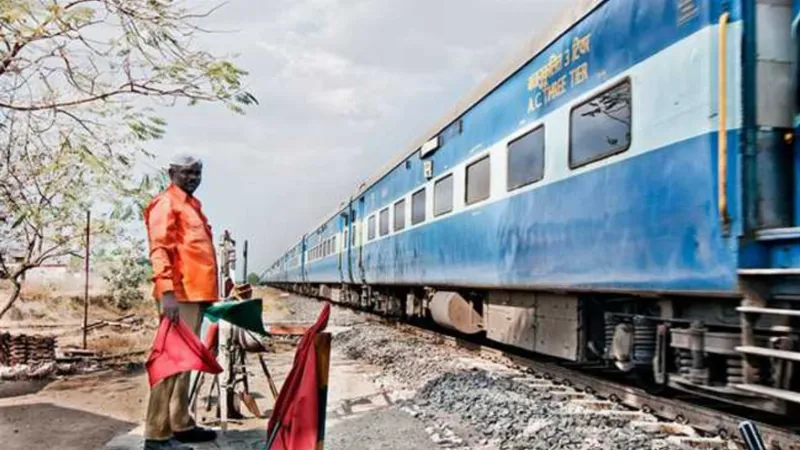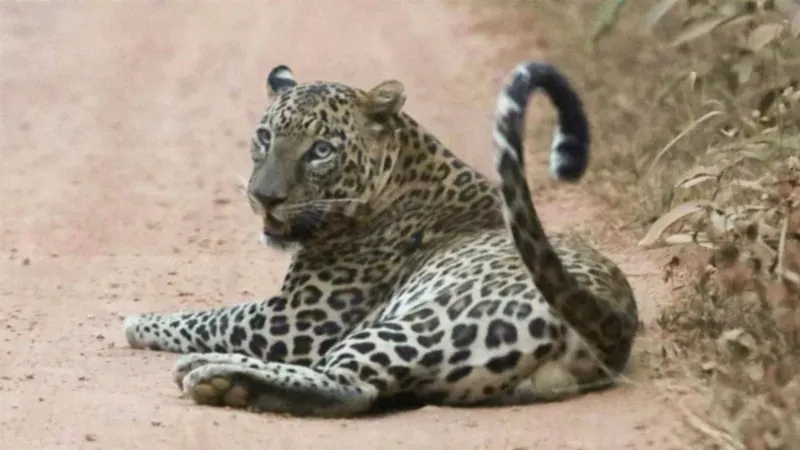Latest News
INDIAN PRESPECTIVE

Global security, is a term that refers to the measures taken by governments and international organisations, such as the United Nations, and others, to ensure the survival and security of all. The international community is facing an evolving threat to global peace and security. Peace is threatened by terrorism, cyber warfare, economic crises, weapons of mass destruction, and inter-state conflicts. As a result, security efforts focus primarily on these more well-known risks. India as an emerging economic power and global geo political player and an effective member of UN Security Council, G-20, Association of South East Nations (ASEAN), Shanghai Cooperation Organisation (SCO) and the QUAD and BRICS has shown the path of peace and development to other nations and emerged as champion of multilateralism and voice of Global South. The recent Summit of G-20 in New Delhi has proved India mettle in global fora.
MAJOR GLOBAL SECURITY THREATS
Terrorism: Global terrorism is an unfortunate reality of modern times. The annual Global Terrorism Index (GTI), developed by the Institute of Economics and Peace (IEP) provides the most comprehensive views on global terrorism trends. The GTI - 2023 puts Afghanistan on top and the most affected countries are from Sahel region, Pakistan figures at 7th and India at 13th. Islamic State (IS) and its affiliates remain the world’s deadliest terrorist group. India also remains highly vulnerable to terrorism by foreign terrorists, due to porous borders with all its neighbours and a long coast line. Resultantly, the terrorists and the insurgents continue to receive material support and funds from many sources. India has been able to put effective counter measures at home and has been vigorously raising the issue to isolate all nations supporting cross border terrorism in any form including Pakistan in global fora.
Conflicts & Wars: There are now more active conflicts than at any time since 1945. Civil and internal conflicts, insurgencies and political chaos in places such as Yemen, South Sudan, the Democratic Republic of Congo, Syria, Sahel, Niger and latest being Ukraine and HamasIsrael are causing massive displacement of people. After prolonged era of violence and conflicts in Iraq and Afghanistan, the region is witnessing a relatively better time. However the recent attacks of Palestine militia Hamas on Israel has made Middle East region as flash point and it has the risk of being converted into long drawn war beyond Israel and Palestine borders. Rather the whole focus has now been shifted to Israel from Ukraine or South China Sea. Globally, there are now millions of people living in refugee and displacement camps or far from home, creating tensions between host communities. India too has witnessed sudden eruption of violence in Manipur, continued but under control Insurgency in Naxal affected areas in mainland and cross border terrorism in Kashmir. Indian strategy of firm counter measures at home and isolation of the Insurgent and terrorist groups abroad seems to be working except in case of Manipur where a lot more is desired.
The Russia-Ukraine conflict continues to pose a significant geopolitical risk in 2023. It has initiated a humanitarian crisis and resulted in disruption of trade and commerce worldwide. With neither side seemingly likely to produce a conclusive victory in the near term, and a ceasefire or settlement looking improbable, the agony of war persists with an added risk of intentional or accidental escalation. The Ukraine conflict must end at the earliest and Indian with its mantra of today is not the era of war must lead the path to peace. The Hamas “Operation al-Aqsa Flood” and Israel’s counteroffensive “Operation Iron Swords” has left thousands of Israelis and Palestinians including Hamas militants dead and many more injured. India has stood with Israel condemning deadly act of Hamas, however in the long run India remains committed to peace in the middle east region and recognises Palestine as an independent entity and state.
THE US-CHINA STRATEGIC RIVALRY
China’s increased military presence in the South China Sea, technological advancements and ongoing trade tensions with the US have given rise to geopolitical tensions. China and the US are committed to pursuing a policy of competing responsibly with each other, but risk of hardening relations remain. India’s rise is visible in its increased geopolitical relevance both regionally and in the West. For instance, US-India ties are stronger today than ever. Both US and India have increasingly regarded themselves as “two pillars of a free and open Indo-Pacific.” US sees India as an important ally to deal with growing competition with China. This situation puts India into an advantage of aligning with strong ally to deal with its main rivals, both Pakistan and China but presents a risk of a direct conflict with China.
The global security environment further dips to new low with this fresh escalation of conflict in Middle East region and seeming no near-term end of Russia-Ukraine conflict.
THE VIEWS EXPRESSED BY THE AUTHOR ARE PERSONAL
Col Rajesh Bhukar The writer is a Post Graduate in International Studies, Alumni of Defence Services Staff College, Wellington and College of Combat, Mhow [email protected]

